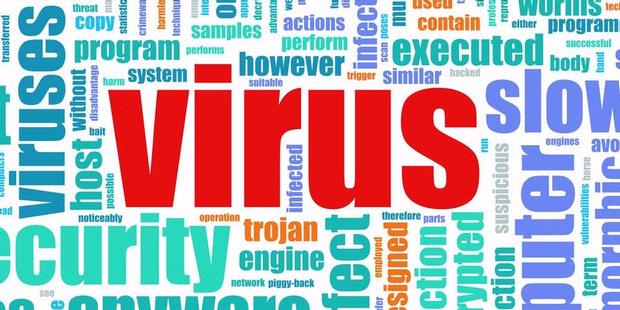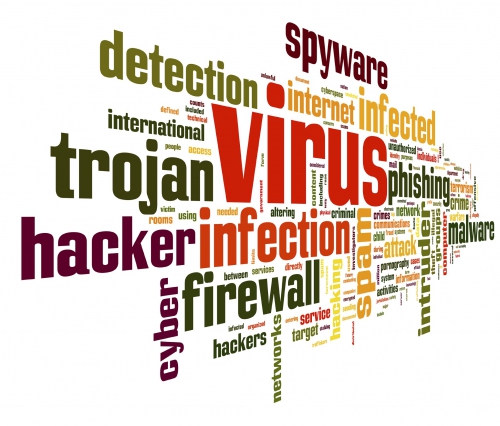Guaranteed Complete Removal
The Truth About “Cleanups”
We Won’t Lose Your Data

How does a computer get infected in the first place?
Know Thy Enemy
Viruses
A virus is capable of transmitting itself from computer to computer, often without user action, much like a real virus such as the flu, where people may become sick by contact with another infected person. Viruses are the most common form of malware we see.
Rootkits
The nastiest and most stubborn type of threat to get rid of, Rootkits are designed to evade detection by hiding within the “root level” of the infected storage device. Rootkits are often undetected by popular anti-virus software, meaning they can be running on your system even though your up-to-date security software may say “your computer is fully protected.”
Worms
A worm can literally “swim” through networks or file paths on a hard drive, seeking out and infecting machines. Basically a worm is designed to seek out a specific target and deliver a payload. Often used in corporate or state sponsored attacks such as the Stuxnet and Flame worms, which crippled Iranian computer systems in 2012. According to the NY-Times, these worms were designed and tested in Israel before infecting systems within Iran.

Trojans
The classic trojan horse attack in digital form. Trojans appear to be something of value or interest, only to secretly contain malicious threats. There are often multiple malicious payloads within a trojan horse attack, making trojans a common conduit for infections of all types including key-loggers and other viruses.
Spyware & Adware
The names say it all, as spyware and adware are specifically designed to surreptitiously install and run on your system, without your knowledge. The typical goal of these threats is harvesting personal data for advertising purposes. By monitoring you browsing and usage, spyware is able to deliver target ads directly to your system. Spyware and Adware are generally more of a privacy problem than serious threat, but are still important to rid from your system.




